Find Help
More Items From Ergsy search
-
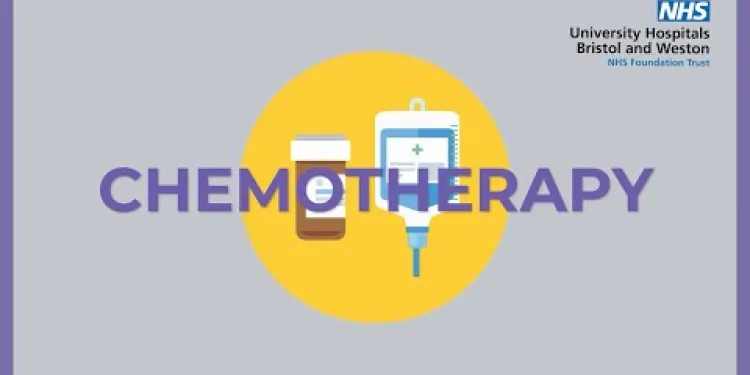
Chemotherapy
Relevance: 100%
-
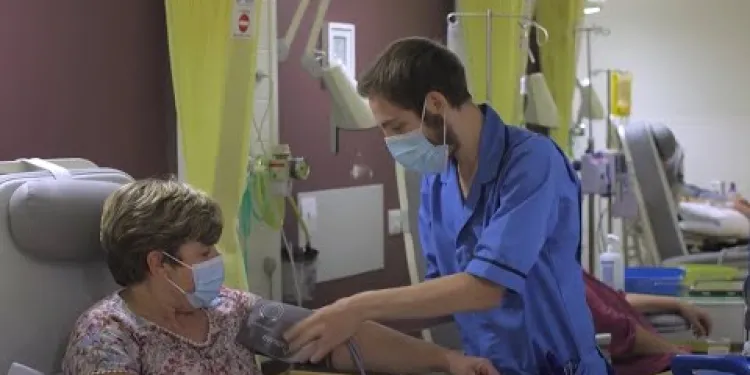
Chemotherapy - the patient journey
Relevance: 89%
-
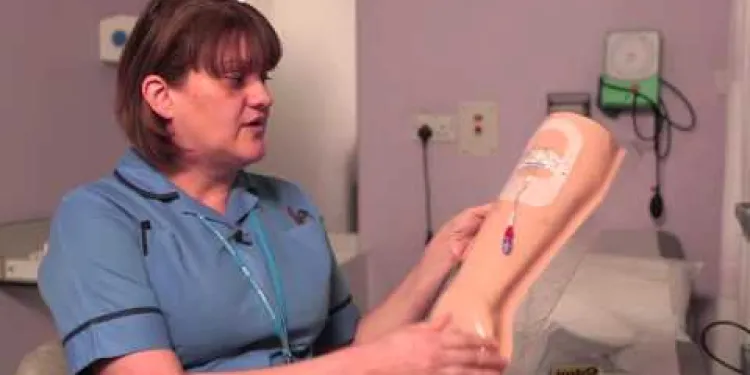
Chemotherapy - The Queen's Centre
Relevance: 89%
-
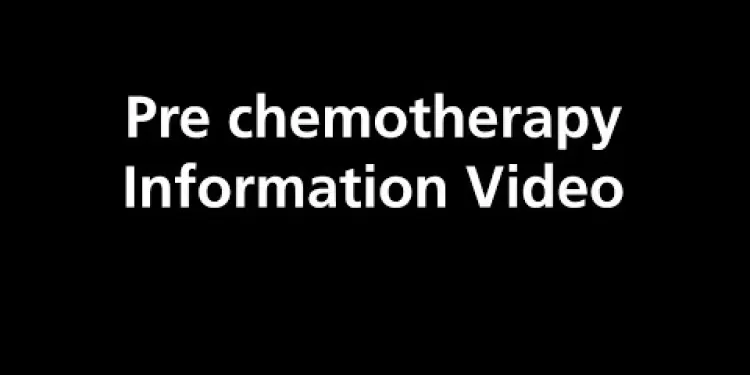
Pre chemotherapy Information Video
Relevance: 85%
-
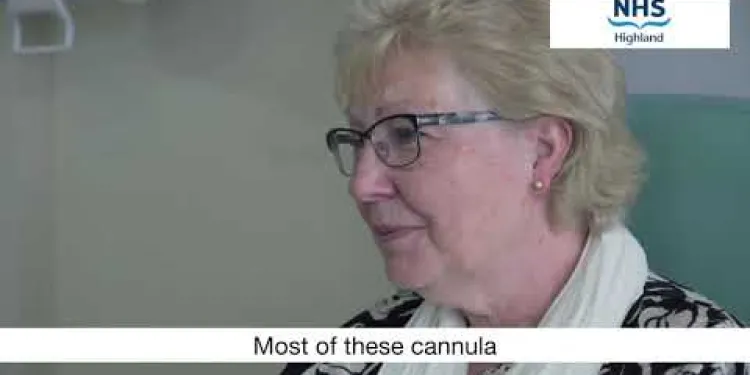
Introduction to Chemotherapy, NHS Highland
Relevance: 84%
-
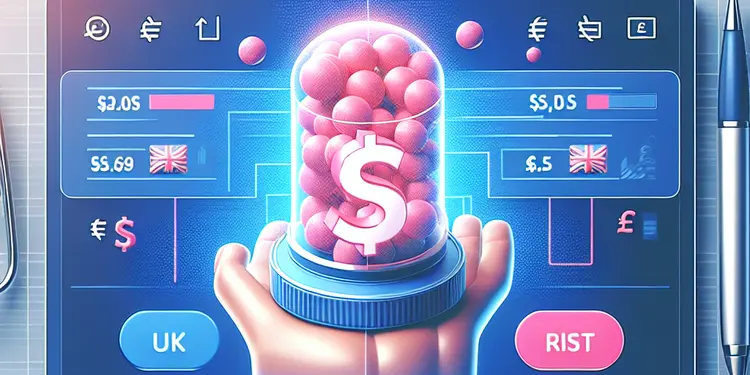
Is Abiraterone a chemotherapy drug?
Relevance: 84%
-
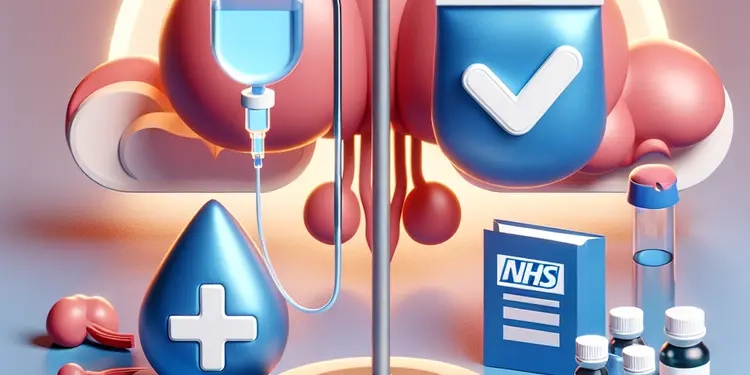
When is chemotherapy used for prostate cancer?
Relevance: 82%
-
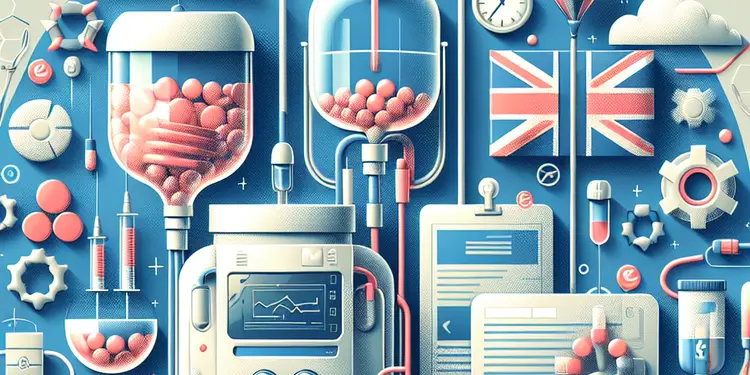
Is Paillon treatment a form of chemotherapy?
Relevance: 73%
-
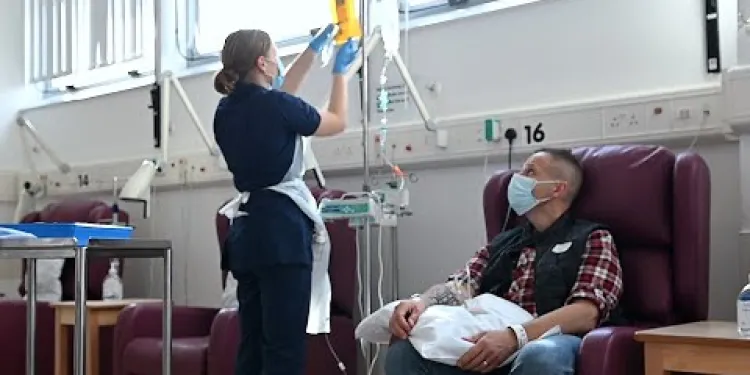
Having chemotherapy and other treatments in the Day Treatment Unit
Relevance: 73%
-
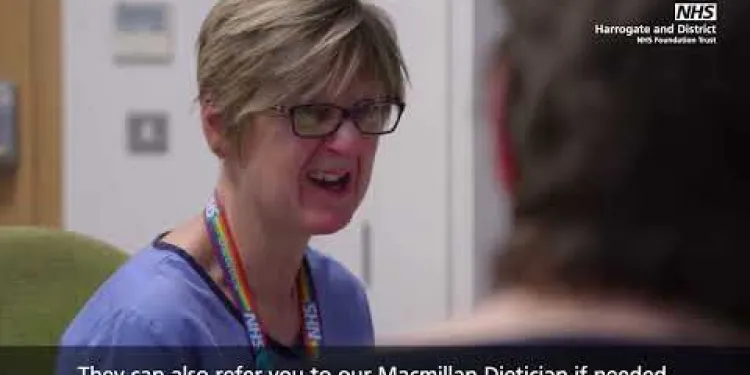
Information for all cancer patients receiving Chemotherapy or Targeted Therapy at HDFT.
Relevance: 65%
-
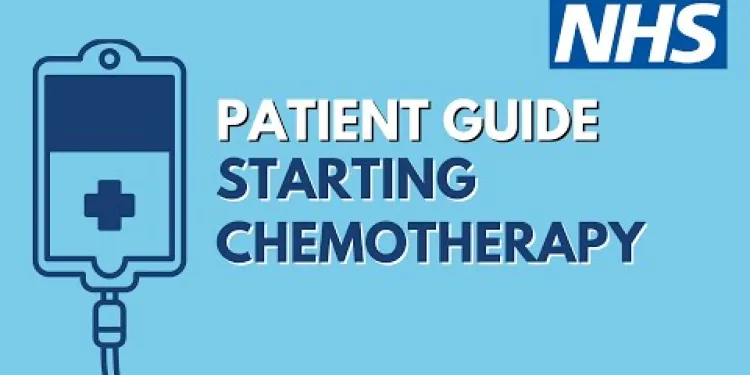
Starting Chemotherapy
Relevance: 54%
-
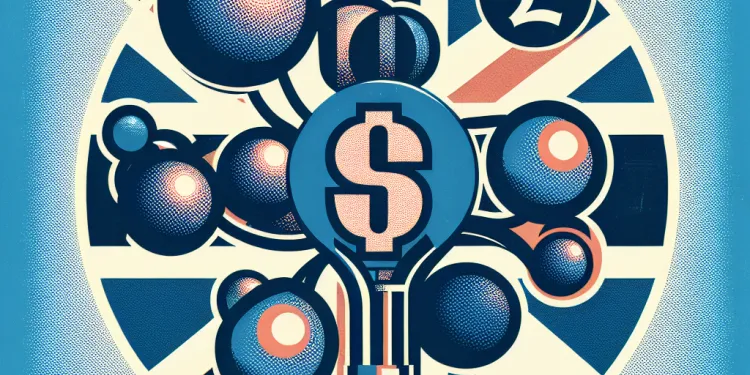
What types of treatments are available for testicular cancer?
Relevance: 35%
-
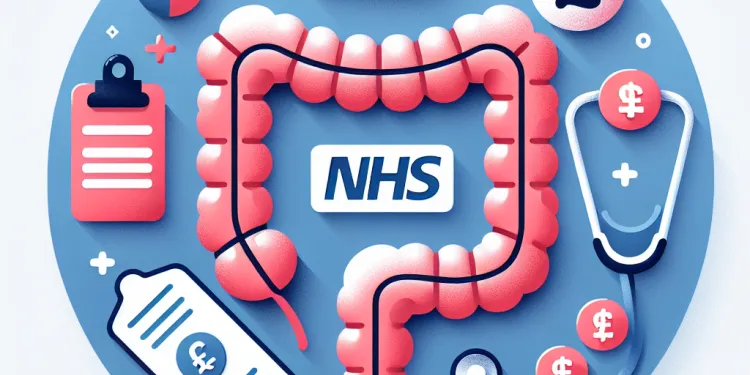
What treatment options are available for bowel cancer?
Relevance: 33%
-
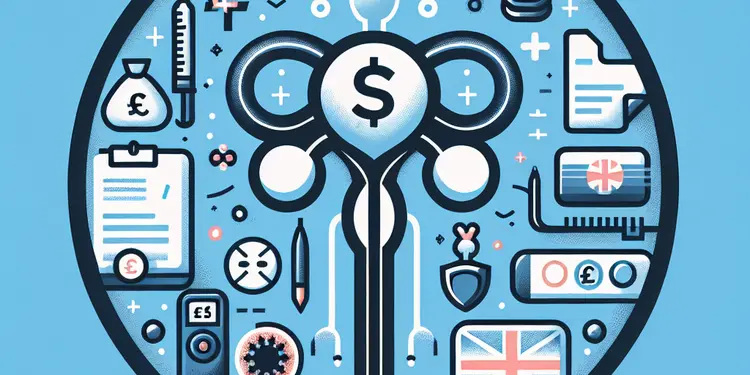
How is advanced prostate cancer treated?
Relevance: 29%
-
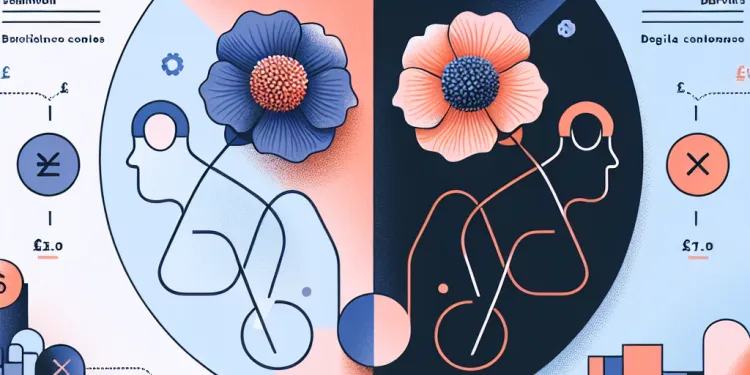
What's the difference between seminomas and non-seminomas?
Relevance: 29%
-
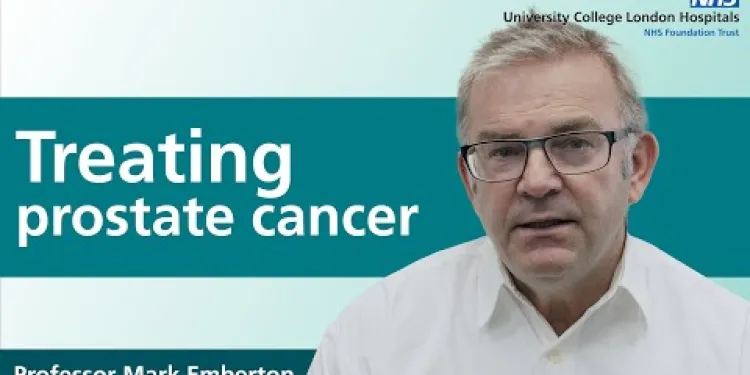
Treating prostate cancer
Relevance: 29%
-
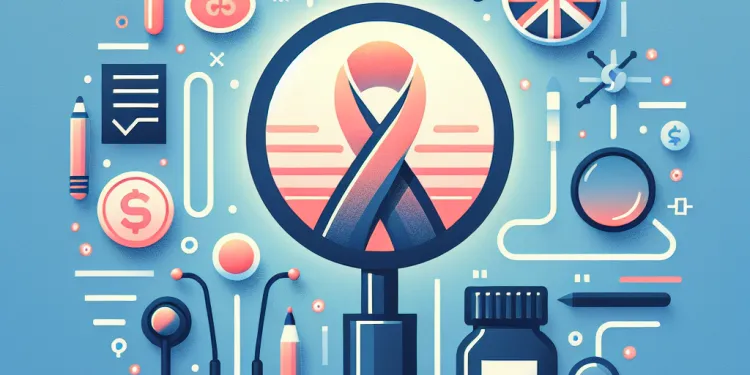
Is testicular cancer treatable?
Relevance: 28%
-
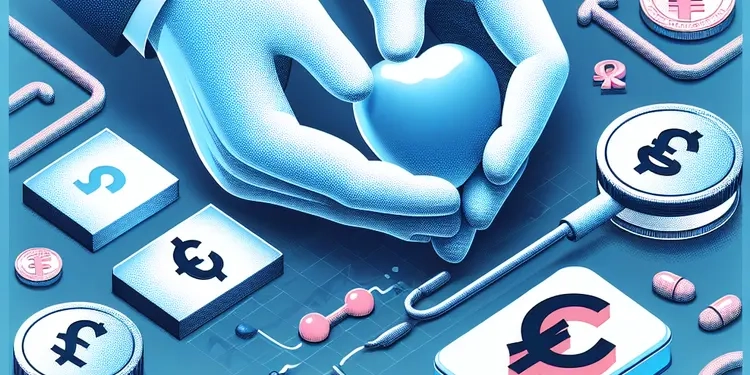
How is prostate cancer treated?
Relevance: 28%
-
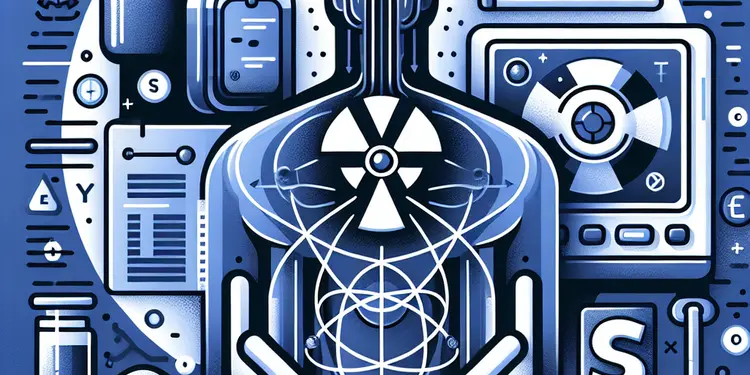
What is radiation therapy?
Relevance: 27%
-
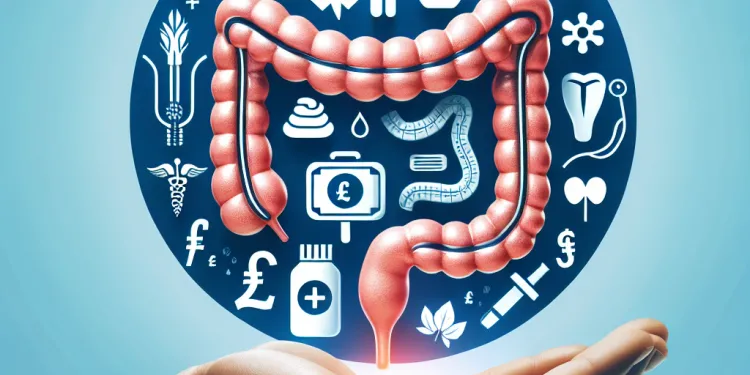
What are the side effects of bowel cancer treatment?
Relevance: 27%
-
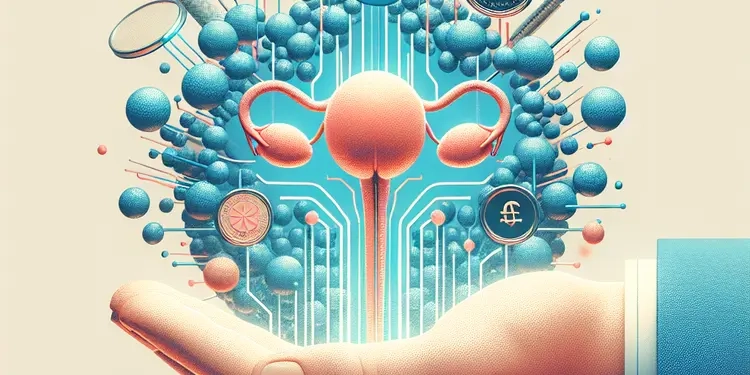
Can prostate cancer be treated with targeted therapy?
Relevance: 26%
-

What is a seminoma?
Relevance: 26%
-
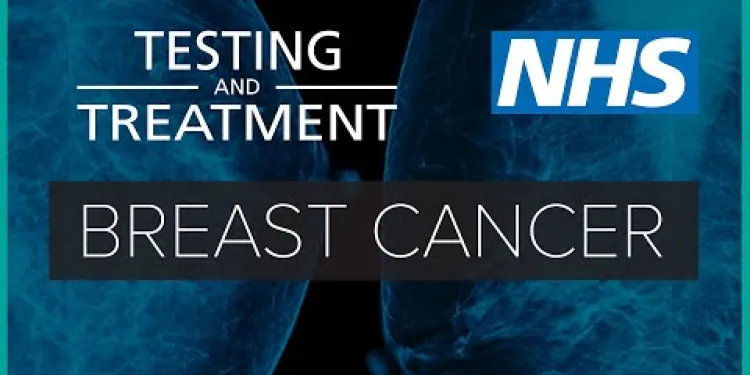
Breast cancer: testing and treatment | NHS
Relevance: 25%
-
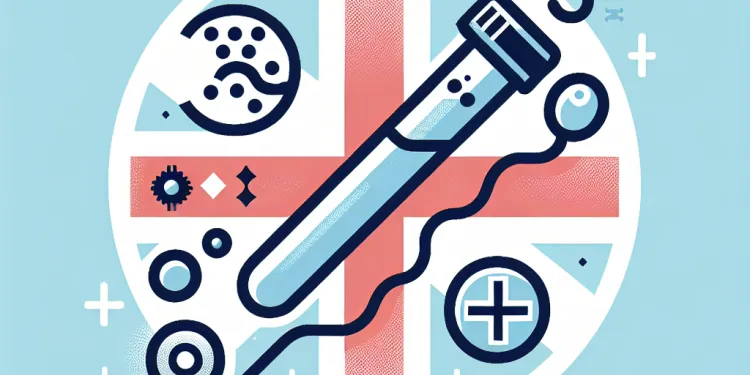
Is fertility affected by testicular cancer?
Relevance: 23%
-
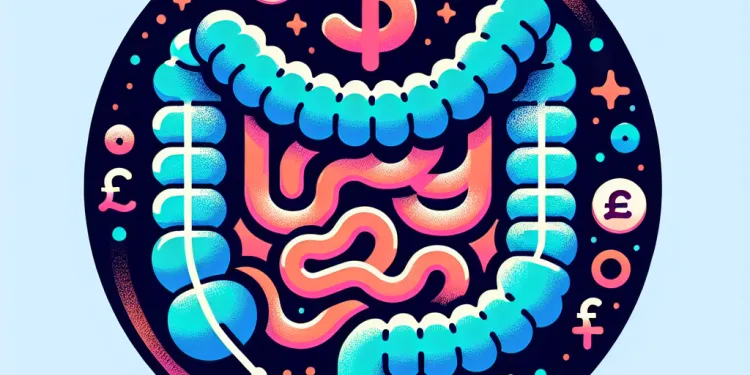
What is colorectal cancer?
Relevance: 23%
-
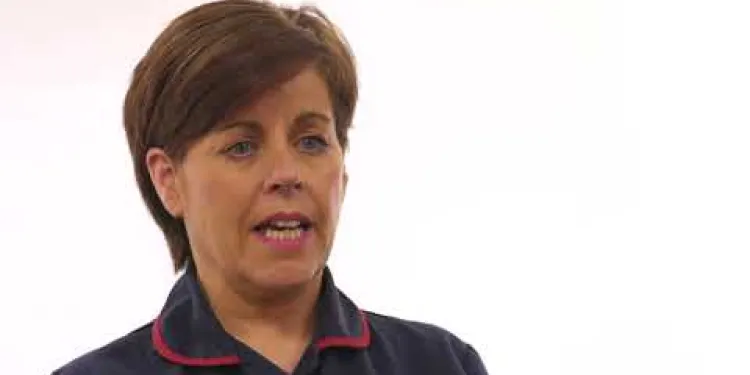
Ovarian Cancer
Relevance: 23%
-

What is testicular cancer?
Relevance: 23%
-

Can testicular cancer spread to other parts of the body?
Relevance: 23%
-
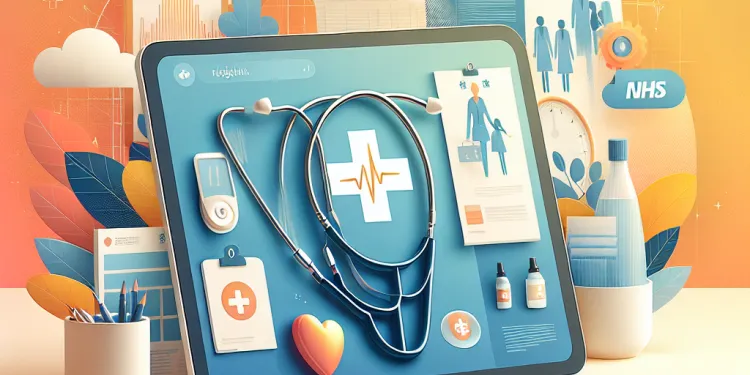
Breakthrough Cancer Treatment Shows Promise for NHS Patients
Relevance: 22%
-
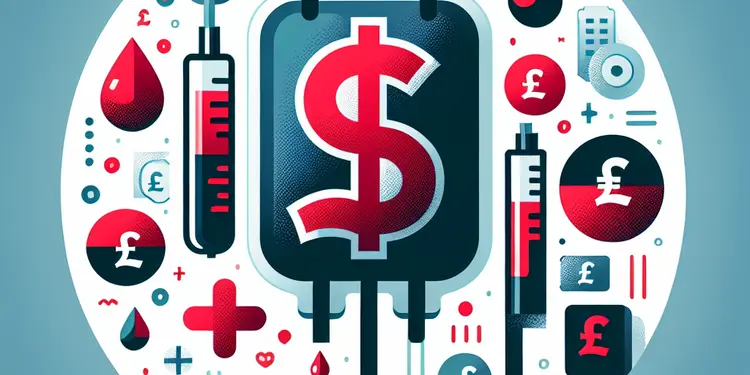
What are some common reasons blood transfusions are needed?
Relevance: 22%
-
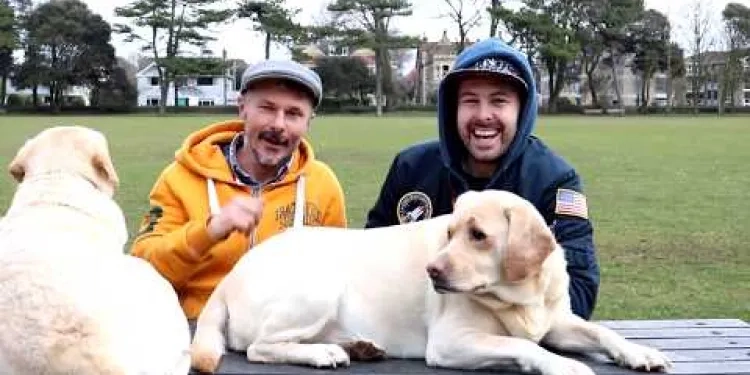
An Interview With JC About His Leukemia And His Leukemia Treatment
Relevance: 21%
-
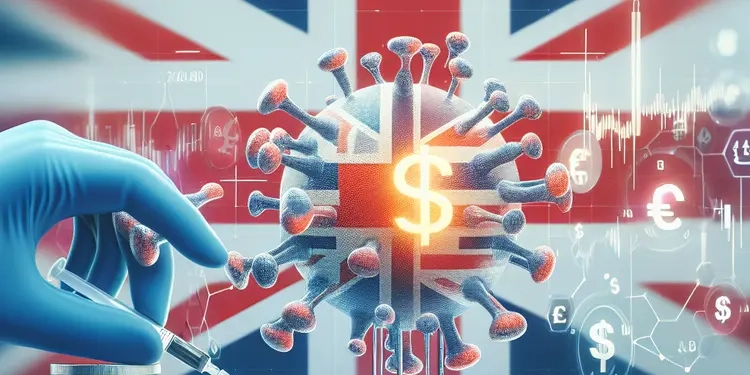
What is Paillon treatment for cancer?
Relevance: 21%
-
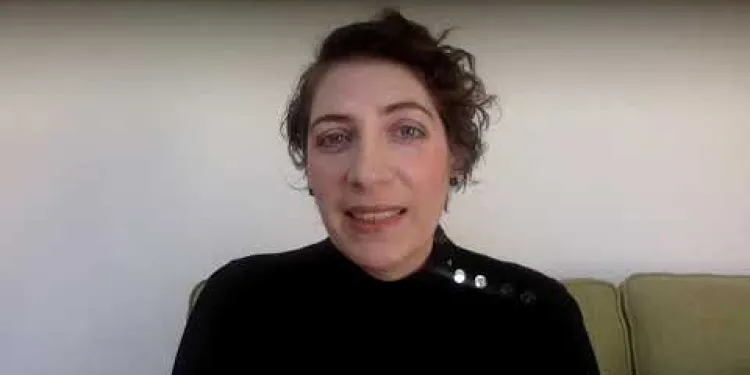
World Pancreatic Cancer Day - No Time to Wait
Relevance: 21%
-

Is Abiraterone used in combination with other medications?
Relevance: 21%
-
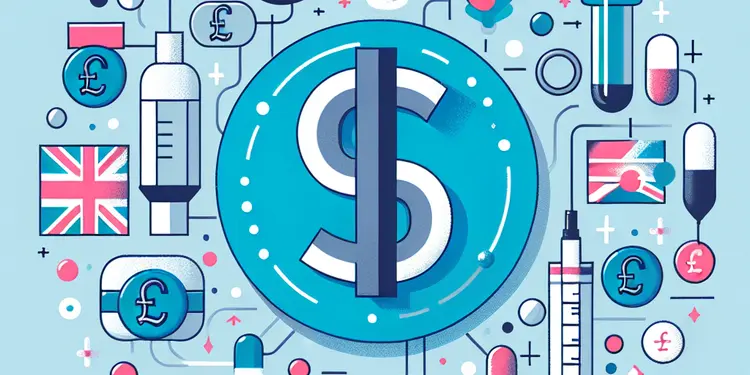
What is antibiotic resistance?
Relevance: 20%
-
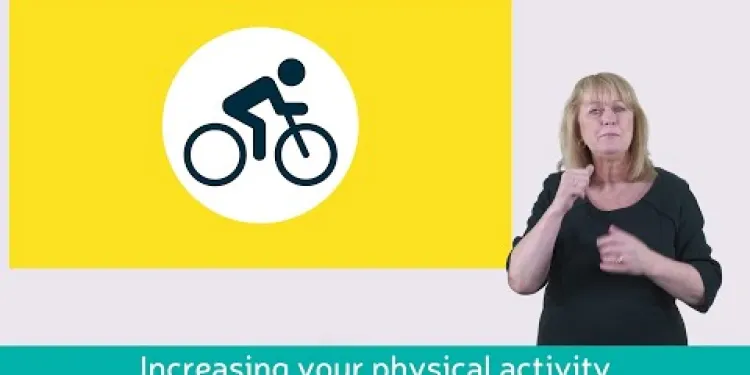
Learn about bowel cancer (British Sign Language version)
Relevance: 20%
-
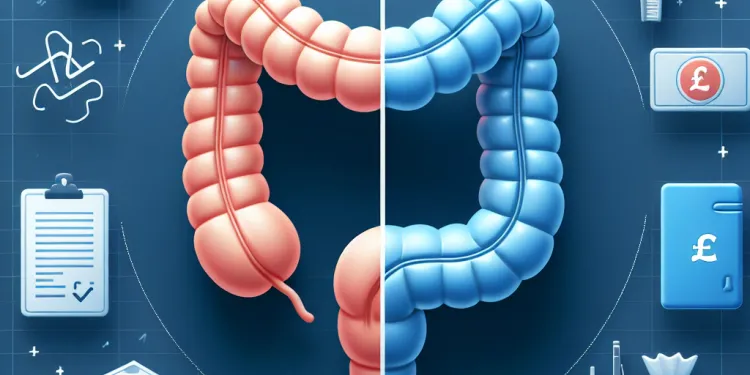
What is the difference between colon cancer and rectal cancer?
Relevance: 19%
-

What is testicular cancer?
Relevance: 18%
-
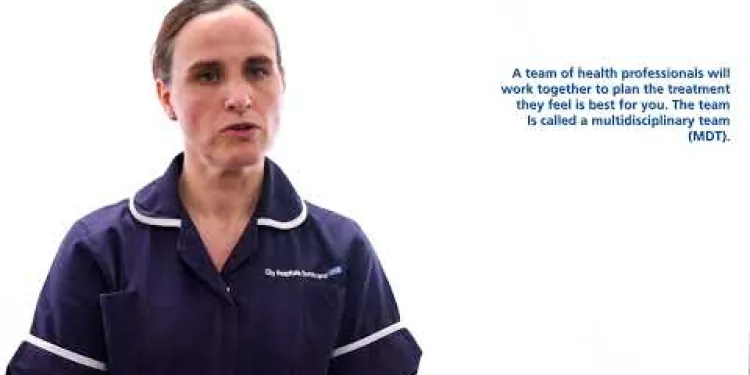
Mesothelioma
Relevance: 18%
-
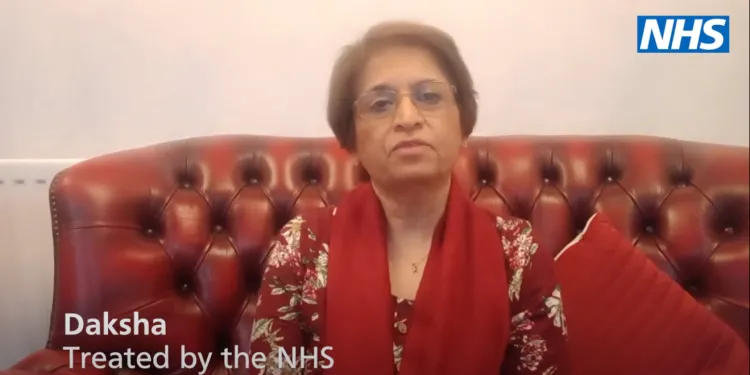
What is Cancer?
Relevance: 17%
Introduction to Chemotherapy
Chemotherapy is a treatment that uses drugs to kill cancer cells. It's a common method for battling various types of cancer and can be used in conjunction with other treatments such as surgery or radiotherapy. Here, we’ll provide an overview of chemotherapy, specifically tailored to residents in the United Kingdom under the care of NHS Highland.
Understanding Chemotherapy
Chemotherapy works by targeting and destroying rapidly dividing cancer cells. The treatment can be administered in several ways, including orally, intravenously, or directly into a specific part of the body. The choice of delivery method depends on the type of cancer, its stage, and the overall health of the patient.
Types of Chemotherapy
There are various types of chemotherapy drugs, each designed to target cancer cells in specific ways. These drugs are often grouped into two categories: cytotoxic, which directly kills cancer cells, and cytostatic, which inhibits their growth and multiplication. Your oncologist will determine the best course of treatment based on your individual circumstances.
Side Effects and Management
Chemotherapy can lead to a range of side effects, as it affects not only cancer cells but also healthy, rapidly dividing cells in the body. Common side effects include fatigue, nausea, hair loss, and an increased risk of infection. NHS Highland provides various support services to help manage these side effects, from nutritional advice to psychological support.
Accessing Chemotherapy through NHS Highland
If you are a resident in the NHS Highland area and have been diagnosed with cancer, your healthcare team will work closely with you to develop a personalized treatment plan. This plan will include scheduling your chemotherapy sessions, coordinating care, and providing ongoing support throughout your treatment journey.
Support Services
NHS Highland offers a range of support services to assist you during your chemotherapy treatment. This includes access to oncology nurses, counseling services, and patient support groups. Additionally, financial support and transportation assistance may be available to ensure you can attend all necessary appointments.
Conclusion
Chemotherapy is a crucial element in the fight against cancer, providing hope and a treatment pathway for many patients. With the support of NHS Highland, patients can access comprehensive care and support, making the treatment process as manageable as possible.
Introduction to Chemotherapy
Chemotherapy is a way to treat cancer using special medicines. These medicines help to kill cancer cells. People often use chemotherapy with other cancer treatments, like surgery or radiotherapy. This information is for people in the United Kingdom, especially those with NHS Highland.
Understanding Chemotherapy
These special medicines target cancer cells that grow quickly. You can take chemotherapy in different ways. You might swallow a pill, get an injection, or have it placed in a part of your body where the cancer is. The way you get the medicine depends on the kind of cancer you have and how healthy you are.
Types of Chemotherapy
There are many sorts of chemotherapy medicines. Some directly kill cancer cells. These are called cytotoxic. Others stop the cells from growing. These are cytostatic. Your doctor will choose the best medicine for you based on what you need.
Side Effects and Management
Because chemotherapy can affect healthy cells too, it might cause some problems. These problems can include feeling very tired, feeling sick, losing hair, and catching infections more easily. NHS Highland has ways to help you manage these problems, like giving advice on food you eat and offering emotional support.
Accessing Chemotherapy through NHS Highland
If you live in NHS Highland and have cancer, your healthcare team will make a special treatment plan just for you. This plan will tell you when you will have your chemotherapy and how they will help you through the treatment.
Support Services
NHS Highland has many services to help you during chemotherapy. You can talk to special nurses, join support groups, and speak with counselors. They can also help with money and getting you to your appointments.
Conclusion
Chemotherapy is important for fighting cancer. It offers hope to many patients. NHS Highland gives full support and care to make your treatment as easy as possible.
Frequently Asked Questions
What is chemotherapy?
Chemotherapy is a type of cancer treatment that uses drugs to kill cancer cells or stop them from growing and dividing.
How is chemotherapy administered?
Chemotherapy can be given in various ways, including intravenously (through a vein), orally (by mouth), or by injection into a muscle or under the skin.
What are common side effects of chemotherapy?
Common side effects include tiredness, nausea, vomiting, hair loss, increased risk of infection, and changes in appetite or taste.
How often will I need to have chemotherapy?
The frequency and duration of chemotherapy depend on the type of cancer, the drugs used, and individual treatment plans. It can range from daily to weekly or monthly cycles.
Can I continue working during chemotherapy?
This depends on how you feel and the side effects you experience. Some people manage to work flexibly, while others may need to take time off.
Is chemotherapy painful?
The administration of chemotherapy itself is generally not painful, but some side effects can cause discomfort or pain.
Will chemotherapy affect my fertility?
Chemotherapy can affect fertility in both men and women. It's important to discuss fertility preservation options with your doctor before starting treatment.
Can I eat normally during chemotherapy?
You should aim to eat a balanced diet, but some treatments may affect your appetite or taste. A dietitian can help you manage these changes.
What precautions should I take during chemotherapy?
It's important to take precautions to reduce infection risk, such as avoiding people with infections, practicing good hygiene, and following your healthcare team's advice.
Can I drink alcohol while receiving chemotherapy?
You should discuss alcohol consumption with your healthcare team as it can interact with some chemotherapy drugs and affect your liver.
What should I do if I miss a chemotherapy session?
Contact your healthcare provider immediately if you miss a session. They will reschedule it and adjust your treatment plan as necessary.
Will I lose my hair during chemotherapy?
Hair loss is a common side effect of some chemotherapy drugs. It usually grows back after treatment ends, but the texture or colour may change.
How will I know if chemotherapy is working?
Your doctor will monitor your progress through physical exams, blood tests, and imaging studies to assess how well the treatment is working.
Can I travel while undergoing chemotherapy?
Travel may be possible during treatment, but it's important to plan carefully and discuss it with your healthcare team to ensure you have access to medical care if needed.
Will I need to follow a special diet during chemotherapy?
While no special diet is universally required, maintaining a balanced and nutritious diet can help manage side effects and support your overall health. Consult with a dietitian for tailored advice.
What is chemotherapy?
Chemotherapy is a treatment for cancer. It uses strong medicine to kill cancer cells.
Sometimes, these medicines can make you feel sick or tired.
Doctors give chemotherapy in a clinic or hospital.
If you don't understand, you can:
- Ask the doctor or nurse to explain it.
- Look at pictures or videos about chemotherapy.
- Ask someone you trust to help you learn about it.
Chemotherapy is a treatment for cancer. It uses special medicines to kill cancer cells or stop them from growing.
How do you get chemotherapy?
Chemotherapy is a special medicine that helps fight cancer. Here’s how you might get it:
- By mouth: You can take it as a pill.
- Through a vein: You get it through a needle in your arm.
- As a cream: You rub it on your skin.
Your doctor will help you know which way is best for you.
Tools to help: You can use pictures or videos to understand better. It's okay to ask questions if you're unsure.
There are different ways to get chemotherapy medicine. It can go through a tube into your vein. You can also swallow it as a pill. Sometimes, the medicine is given with a needle into your arm or under your skin.
What happens to your body during chemotherapy?
Chemotherapy is a medicine used to treat cancer. Sometimes it can make people feel unwell. Here are some things that might happen:
- Feeling very tired
- Losing your hair
- Feeling sick or throwing up
- Getting mouth sores
- Loose poop (diarrhea) or trouble pooping (constipation)
It can help to talk to a doctor or nurse about how you feel. They can give you medicine to feel better. Friends and family can also help you during treatment.
Some common side effects are feeling very tired, feeling sick, being sick, losing hair, getting sick more easily, and changes in how food tastes or how hungry you feel.
How often will I need to have chemotherapy?
How many times will I need chemo?
Chemo is medicine to help you get better from cancer.
Your doctor will tell you how often you need to take it.
It can be once a week or once a month. It depends on what you need.
If you want, you can use a calendar or a chart to remember.
Always ask questions if you are not sure.
How often you get chemo and how long it lasts depends on three things: what type of cancer you have, what medicines are used, and your own treatment plan. You might get chemo every day, every week, or every month.
Can I work while I have chemotherapy?
Chemotherapy is a medicine to help fight cancer. It can make you feel very tired or sick.
You might be able to work, but it depends on how you feel. Some people can work, and some people need to rest more.
If you want to work, talk to your doctor or nurse. They can help you decide what is best for you.
Tools that can help:
- Talking to your boss about working part-time or from home.
- Using a planner to keep track of your schedule.
- Asking friends or family to help with things you find hard.
This depends on how you feel and what side effects you have. Some people can work part-time, but others might need to rest and take time off.
Does chemotherapy hurt?
Getting chemotherapy usually doesn't hurt. But some side effects might make you feel uncomfortable or in pain.
To feel better, you can:
- Talk to your doctor about any pain.
- Use a warm blanket to stay comfy.
- Listen to music or stories to help you relax.
Will chemotherapy affect my ability to have children?
Chemotherapy is a strong medicine that can make it hard to have babies for both men and women. It's important to talk to your doctor about how to protect your ability to have children before you start the treatment.
Can I eat regular food during chemotherapy?
Try to eat different kinds of foods to stay healthy. Sometimes medicine can make food taste different or make you not feel hungry. A food expert called a dietitian can help you with this.
How can I stay safe during chemotherapy?
Keep yourself safe from germs by doing these things:
- Stay away from people who are sick.
- Wash your hands well and often.
- Listen to your doctor or nurse. They know how to keep you healthy.
Can I drink alcohol during cancer treatment?
Are you getting treatment for cancer? This is called chemotherapy.
If you want to have a drink with alcohol, it's important to talk to your doctor or nurse first.
Alcohol might not be safe with your medicine.
Here are some things you can do to be safe:
- Ask your doctor if drinking is okay.
- Write down what your doctor says.
- If unsure, ask a friend or family member to help ask questions for you.
Take care of yourself! Your health is important.
It’s important to talk to your doctor or nurse about drinking alcohol. Alcohol can mix with some of your medicines and it can also hurt your liver. Your doctor can help you understand what is safe for you.
What should I do if I miss a chemotherapy session?
If you miss a chemotherapy session, don't worry! Here's what you can do:
- Tell your doctor or nurse as soon as you can. They will help you know what to do next.
- Write down your questions so you remember to ask your doctor.
- Use a calendar or a reminder app to keep track of your appointments.
- Ask a family member or friend for help to remember your appointments.
Remember, it's okay to ask for help!
If you miss a session, talk to your doctor right away. They will make a new time for you and change your treatment plan if needed.
Will I lose my hair during chemotherapy?
Chemotherapy is a strong medicine that helps fight cancer. Sometimes, when people take this medicine, their hair might fall out. This can be the hair on your head, eyebrows, or eyelashes.
But not everyone loses their hair. It depends on the kind of chemotherapy medicine you get.
Here are some ways to feel better:
- Wear a hat, scarf, or wig if you want to protect your head or feel more comfortable.
- Talk to a friend, family member, or support group about how you feel.
- Ask your doctor or nurse for more information about hair loss.
It's okay to feel upset or worried about losing hair. Remember, it's important to ask questions and talk about your feelings.
Some medicine for cancer can make your hair fall out. This can be worrying, but it will grow back after you finish taking the medicine. Your new hair might feel or look a little different.
How do I know if chemotherapy is helping?
Chemotherapy is medicine to try to make you feel better from cancer.
To know if it's working:
- The doctor checks if the lumps or bumps from cancer are getting smaller.
- You will have some tests, like blood tests or scans. These help the doctor see what is happening inside your body.
- You might feel better and have more energy.
If you're unsure, ask your doctor.
Having someone with you at appointments, like a friend or family member, can be helpful.
Your doctor will check how you are doing by:
- Looking at your body
- Testing your blood
- Taking pictures inside your body
This helps the doctor see if the treatment is helping you.
Can I travel while having chemo?
Chemotherapy, or "chemo," is a kind of medicine to treat cancer. If you want to travel while having chemo, talk to your doctor. Your doctor can tell you if it is safe for you to go on a trip.
Bring your medicine and any other important things with you when you travel. It’s a good idea to have a plan for rest so you don’t get too tired.
If you feel dizzy or sick, tell someone and take a break.
You might want to take a friend or family member with you to help.
You might be able to travel during treatment. But it is important to plan well and talk to your healthcare team. They can help make sure you get medical care if you need it.
Do I need to eat special food when I have chemotherapy?
You don't have to follow a special diet for everyone, but eating healthy food can help you feel better and stay strong. Talk to a dietitian to get advice that is just right for you.
Useful Links
This website offers general information and is not a substitute for professional advice.
Always seek guidance from qualified professionals.
If you have any medical concerns or need urgent help, contact a healthcare professional or emergency services immediately.
Some of this content was generated with AI assistance. We’ve done our best to keep it accurate, helpful, and human-friendly.
- Ergsy carfully checks the information in the videos we provide here.
- Videos shown by Youtube after a video has completed, have NOT been reviewed by ERGSY.
- To view, click the arrow in centre of video.
- Most of the videos you find here will have subtitles and/or closed captions available.
- You may need to turn these on, and choose your preferred language.
- Go to the video you'd like to watch.
- If closed captions (CC) are available, settings will be visible on the bottom right of the video player.
- To turn on Captions, click settings .
- To turn off Captions, click settings again.
More Items From Ergsy search
-

Chemotherapy
Relevance: 100%
-

Chemotherapy - the patient journey
Relevance: 89%
-

Chemotherapy - The Queen's Centre
Relevance: 89%
-

Pre chemotherapy Information Video
Relevance: 85%
-

Introduction to Chemotherapy, NHS Highland
Relevance: 84%
-

Is Abiraterone a chemotherapy drug?
Relevance: 84%
-

When is chemotherapy used for prostate cancer?
Relevance: 82%
-

Is Paillon treatment a form of chemotherapy?
Relevance: 73%
-

Having chemotherapy and other treatments in the Day Treatment Unit
Relevance: 73%
-

Information for all cancer patients receiving Chemotherapy or Targeted Therapy at HDFT.
Relevance: 65%
-

Starting Chemotherapy
Relevance: 54%
-

What types of treatments are available for testicular cancer?
Relevance: 35%
-

What treatment options are available for bowel cancer?
Relevance: 33%
-

How is advanced prostate cancer treated?
Relevance: 29%
-

What's the difference between seminomas and non-seminomas?
Relevance: 29%
-

Treating prostate cancer
Relevance: 29%
-

Is testicular cancer treatable?
Relevance: 28%
-

How is prostate cancer treated?
Relevance: 28%
-

What is radiation therapy?
Relevance: 27%
-

What are the side effects of bowel cancer treatment?
Relevance: 27%
-

Can prostate cancer be treated with targeted therapy?
Relevance: 26%
-

What is a seminoma?
Relevance: 26%
-

Breast cancer: testing and treatment | NHS
Relevance: 25%
-

Is fertility affected by testicular cancer?
Relevance: 23%
-

What is colorectal cancer?
Relevance: 23%
-

Ovarian Cancer
Relevance: 23%
-

What is testicular cancer?
Relevance: 23%
-

Can testicular cancer spread to other parts of the body?
Relevance: 23%
-

Breakthrough Cancer Treatment Shows Promise for NHS Patients
Relevance: 22%
-

What are some common reasons blood transfusions are needed?
Relevance: 22%
-

An Interview With JC About His Leukemia And His Leukemia Treatment
Relevance: 21%
-

What is Paillon treatment for cancer?
Relevance: 21%
-

World Pancreatic Cancer Day - No Time to Wait
Relevance: 21%
-

Is Abiraterone used in combination with other medications?
Relevance: 21%
-

What is antibiotic resistance?
Relevance: 20%
-

Learn about bowel cancer (British Sign Language version)
Relevance: 20%
-

What is the difference between colon cancer and rectal cancer?
Relevance: 19%
-

What is testicular cancer?
Relevance: 18%
-

Mesothelioma
Relevance: 18%
-

What is Cancer?
Relevance: 17%


